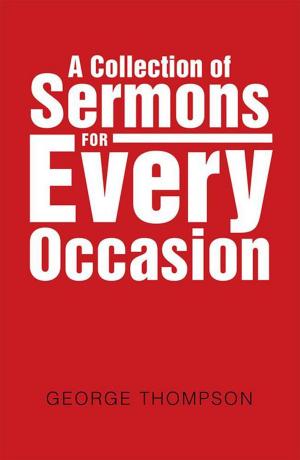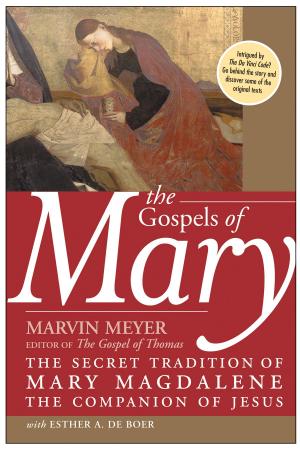Post colonial War and Today Genocides
The Genesis Of Our Problems.
Nonfiction, History, Africa, Religion & Spirituality, Christianity, General Christianity| Author: | Onwe Paul Chikaodili | ISBN: | 1230002141527 |
| Publisher: | Onwe Paul C | Publication: | February 5, 2018 |
| Imprint: | Language: | English |
| Author: | Onwe Paul Chikaodili |
| ISBN: | 1230002141527 |
| Publisher: | Onwe Paul C |
| Publication: | February 5, 2018 |
| Imprint: | |
| Language: | English |
The Nigeria – Biafra war that raged between 1967 and 1970 made headlines around the world, above all for the major famine in the secessionist enclave of Biafra, and prompted a major international relief. It was a genuinely global event. Yet by the late 1970s, it was seldom talked about outside Nigeria. Since then, it barely features in scholarly and popular accounts of the period. The conflict is also virtually entirely absent from the field of genocide studies, which began to form in the closing decades of the twentieth century. However, in recent years, scholarly interest in the conflict is increasing. Alongside with a renewed literary interest in the war and its legacy, the international history of the war and the humanitarian operation in particular has attracted the attention of historians and academics of other disciplines. On the basis of a brief account of the conflict and the issues it raised, this contribution argues that the conflict should be considered by students of genocide, since its implications challenge some of the field’s founding assumptions and premises. First, the Nigeria – Biafra war evinces the importance of conceptual history for the study of genocides. This shows how concepts of genocide influence the perceptions and thus, in effect, the politics of conflicts, in particular in cases where representations of genocide are tied to the Holocaust, understood as a state-sponsored, ideology-driven racial hate crime. Second, and following from this point, scholars of genocide studies need to reflect on the impact of this understanding of the Holocaust on their discipline. As we argue, this model determines their (mis-)apprehension of other cases they discuss or—exactly because of this model—fail to ddiscuss, go on, read this book to know more.
The Nigeria – Biafra war that raged between 1967 and 1970 made headlines around the world, above all for the major famine in the secessionist enclave of Biafra, and prompted a major international relief. It was a genuinely global event. Yet by the late 1970s, it was seldom talked about outside Nigeria. Since then, it barely features in scholarly and popular accounts of the period. The conflict is also virtually entirely absent from the field of genocide studies, which began to form in the closing decades of the twentieth century. However, in recent years, scholarly interest in the conflict is increasing. Alongside with a renewed literary interest in the war and its legacy, the international history of the war and the humanitarian operation in particular has attracted the attention of historians and academics of other disciplines. On the basis of a brief account of the conflict and the issues it raised, this contribution argues that the conflict should be considered by students of genocide, since its implications challenge some of the field’s founding assumptions and premises. First, the Nigeria – Biafra war evinces the importance of conceptual history for the study of genocides. This shows how concepts of genocide influence the perceptions and thus, in effect, the politics of conflicts, in particular in cases where representations of genocide are tied to the Holocaust, understood as a state-sponsored, ideology-driven racial hate crime. Second, and following from this point, scholars of genocide studies need to reflect on the impact of this understanding of the Holocaust on their discipline. As we argue, this model determines their (mis-)apprehension of other cases they discuss or—exactly because of this model—fail to ddiscuss, go on, read this book to know more.















